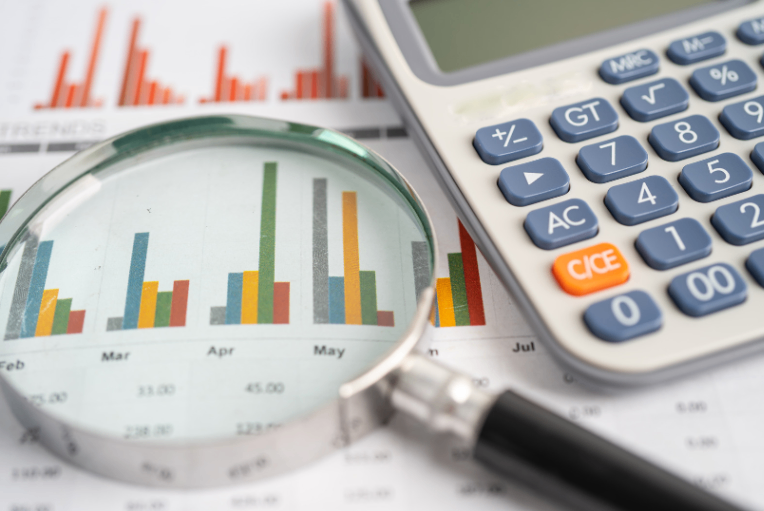Economy grew by 0.2 percent in Q1, statisticians downgrade estimate
Economic commentary by Jakub Seidler, Chief Economist of the CBA

According to a refined estimate published today by the CZSO, the domestic economy grew by 0.3% quarter-on-quarter in Q1 this year and by 0.2% year-on-year (see Chart 1). The revised estimate was thus two tenths of a percentage point weaker than the preliminary figures published a month ago. In the end, the economic development in the first quarter fell slightly short of initial estimates due to a fall in investment, while household consumption accelerated as expected, as did exports. Over the whole of last year, the domestic economy contracted only cosmetically by 0.2%, with estimates for this year hovering around 1.5%. The uncertain development abroad remains a risk, while a faster recovery in household consumption could ultimately act in the opposite direction.
Quarter-on-quarter economic growth had been driven mainly by a marked acceleration in household consumption and also by a return to inventory accumulation, while fixed investment had fallen significantly. Household consumption grew for the second quarter in a row and accelerated to 1% qoq in the first quarter (+0.5% in 4Q23), bringing its annual growth rate from negative to positive numbers for the first time since mid-2022 and amounting to 2.1%. In particular, consumption of non-durable goods accelerated quarter-on-quarter, while consumption of services fell again (Chart 2b). Inventories accumulation was a significant contributor to growth, while fixed investment fell noticeably above expectations, and quite broadly, with only investment in dwellings rising quarter-on-quarter. This development is probably driven both by a noticeable acceleration of investment at the end of last year (probably also due to the drawdown of EU funds), while at the same time the new investments in progress from the beginning of this year have been reflected in inventories, from which they will be continuously transferred to investments after their completion (Chart 3).
Compared to the CNB's expectations, the economy was one tenth weaker, but household consumption grew faster, as did government consumption. Export growth and the contribution of net exports were also stronger than estimated by the CNB. The fall in investment was also a significant surprise to the CNB's estimate (see Table 1). Where the central bank's expectations were also missed was in wage developments, although average wages for Q1 will not be published until Tuesday, on the basis of today's readings, annual growth is likely to slow to just below 6%, whereas the central bank had expected an acceleration to 6.4% (Chart 4). The unfulfilled assumption of faster wage growth will then lower the trajectory of interest rates, which was revised upwards in the last forecast - largely on account of the assumption of faster wages.
The development of the domestic economy in the first quarter could be assessed positively, with household consumption showing a more robust recovery, and could eventually grow above the expectations of current forecasts this year. The automotive sector also developed positively, again noticeably dragged by exports; on the other hand, leading indicators are less optimistic about further production in the automotive sector, and the strong trend from the first quarter cannot be expected to be sustained. The development of external demand, which is also showing signs of recovery, remains a risk, but is still burdened by increased uncertainty. In general, this year's growth estimates for the domestic economy have thus moved slightly higher towards 1.5% in recent months, and today's figures do not change this much; despite this improvement, growth estimates for the Czech Republic this year are among the weakest in the Central European region (Table 2).